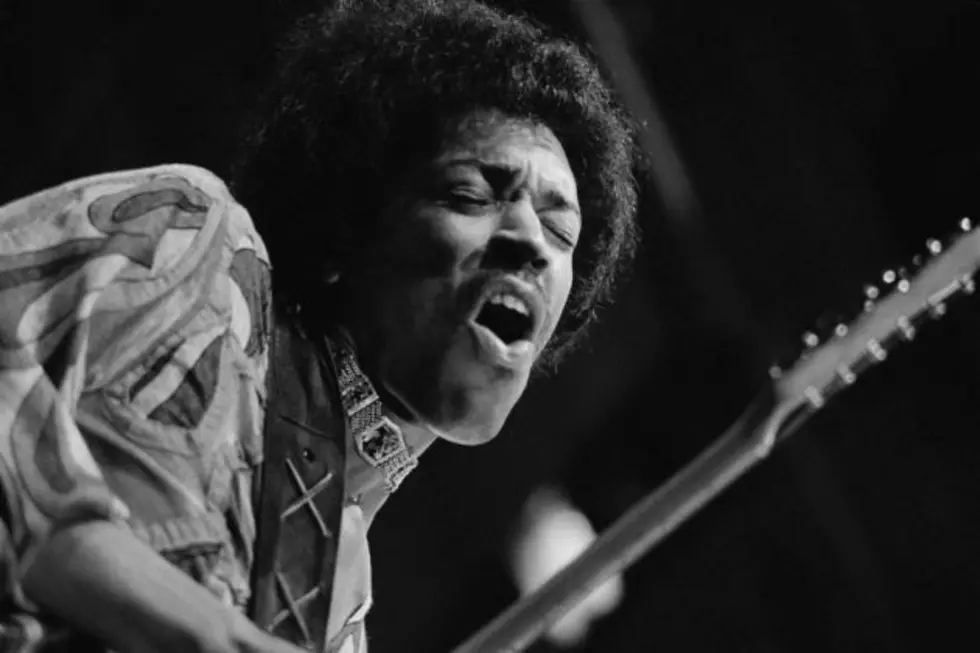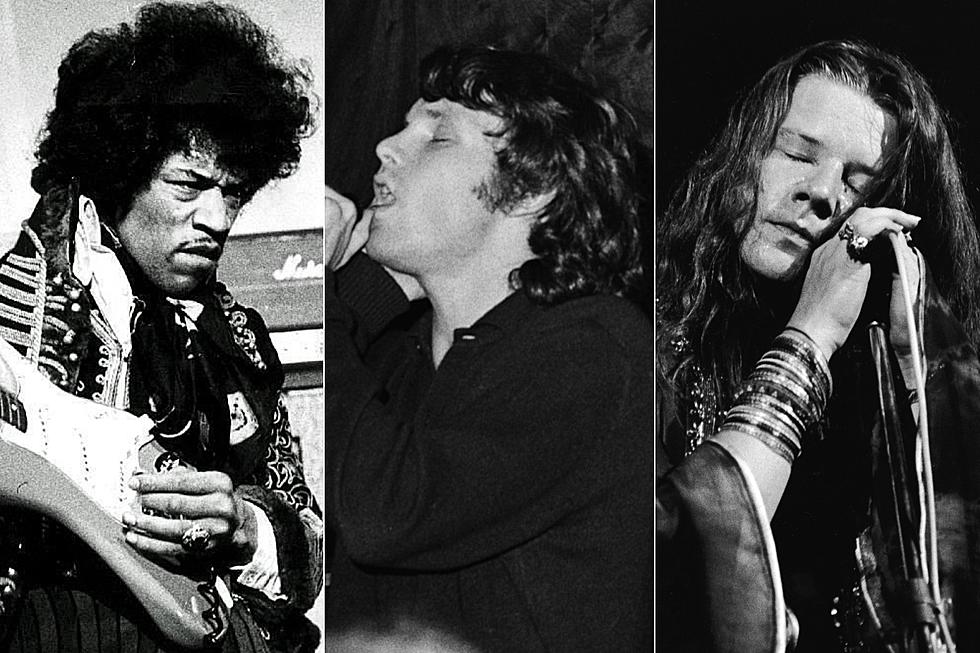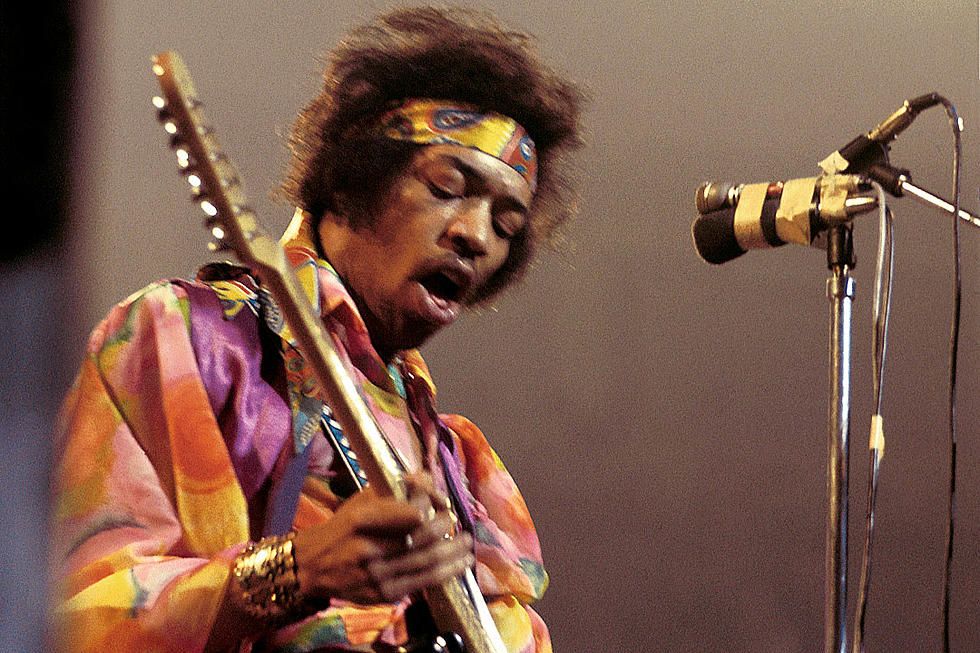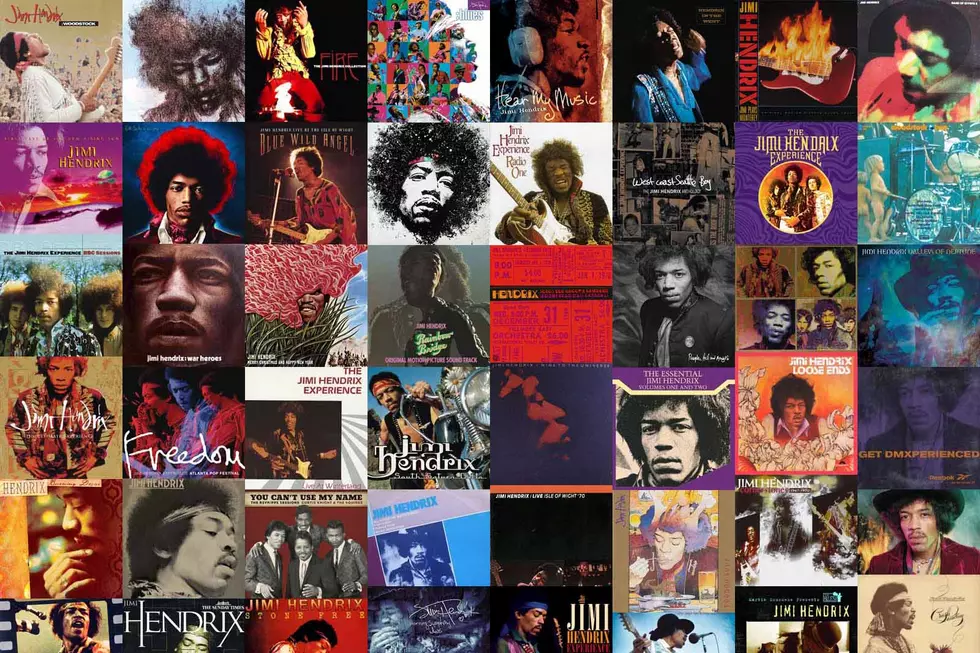
Why Jimi Hendrix’s First Contract Caused Years of Problems
The story of a young, naive musician taken advantage of by more business-savvy individuals has become something of a cliche. Sadly, though, it is a cliche steeped in a backlog of true events.
Jimi Hendrix signed a contract on Oct. 15, 1965 that would likewise plague him for the lion's share of his short music career.
Hendrix started playing in a band in Nashville in 1963, shortly after leaving the Air Force. By 1965, he'd moved to New York and recorded a few songs with artists like the Isley Brothers and Little Richard. While Hendrix was gaining a reputation for being a guitar wizard within the music scene, he hadn't yet made a name for himself within the mainstream.
So perhaps he didn't fully understand what he was doing when he signed his first recording contract with a man named Ed Chalpin. Hendrix signed away most of the rights to music he would be obliged to write, perform and record for three years. In return, he received $1 and 1 percent of the profits from the sale of the recordings.
While the single dollar might seem downright insulting, it was actually a common practice for the times. The dollar was there to satisfy the legal issue of payment, with the royalty percentage generally considered to be the actual payment. So there's that.
The contract is dry and boring, to say the least. But it does reveal terms that were not weighted in Hendrix's favor at all.
"1. That Jimi Hendrix will produce and play and/or sing exclusively for P.P.X. Enterprises, Inc., for three (3) years from above date."
"3. That Jimi Hendrix services will include singing and/or arrangements, which at the option of P.P.X. shall be written out by other copyist or arranger."
"6. That Jimi Hendrix shall play instruments for P.P.X. at no cost to P.P.X. Enterprises, Inc."
"7. That P.P.X. shall have exclusive rights to assign for all masters produced in conjunction with Jimi Hendrix."
While much of that may sound a bit Draconian, it wasn't that different than many other recording contracts back then, at least for new musicians signing to a label for the first time. The biggest issue, and perhaps the reason Hendrix "forgot" about his contract and hustled off to London with musician and talent scout Chas Chandler, might have been what Chalpin and his partner Curtis Knight had planned for Hendrix.
Hendrix had made an initial impression on Chalpin and Knight playing R&B, and they wanted to push that further. Meanwhile, Hendrix had grown tired of playing R&B and wanted to explore the new music being made overseas. Chandler swooped in and convinced Hendrix he could become a star there. Chandler introduced Hendrix to then-Cream guitarist Eric Clapton, who told everyone else that Hendrix was the next big thing.
Chalpin didn't know Hendrix had moved on to bigger and better things until he read about Hendrix's new-found fame and success. Once he learned that Hendrix was making it big in the British scene, Chalpin sued Hendrix, along with his management and Reprise, the new record label with which Hendrix had signed.
During the lawsuit, Chalpin released a number of songs as Hendrix singles that he recorded with Knight during a jam session in 1967. While they were billed as Jimi Hendrix singles, his role on the recordings was mainly just as a session player performing someone else's songs. Some of those songs were later packaged as "The Summer of Love Sessions," which has been repackaged every so often.
Hendrix and Chalpin settled the suit in 1968. The actual settlement contract made news back 2011 when someone bought it at an auction for more than $45,000.
See Jimi Hendrix Among the Top 100 Live Albums
Check Out Jimi Hendrix’s Guitar Hero Yearbook Picture
More From Ultimate Classic Rock









